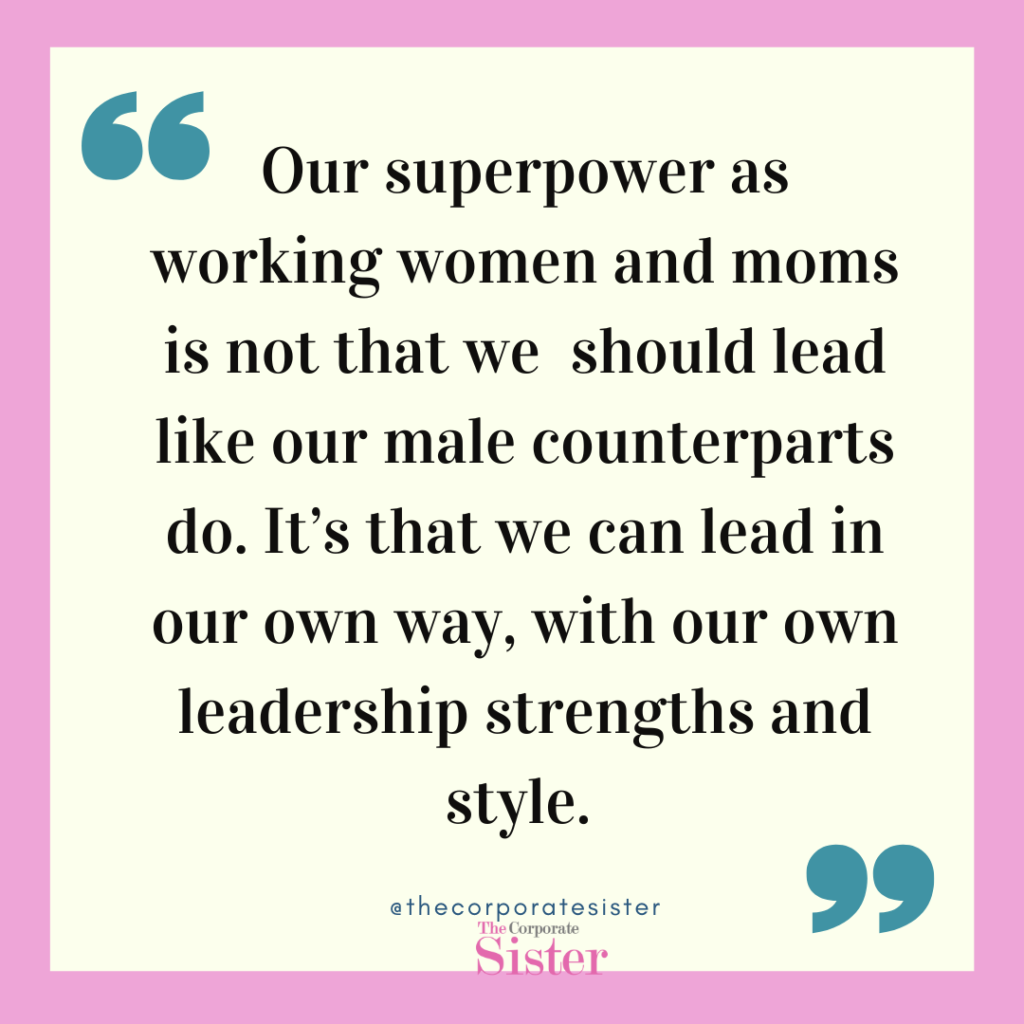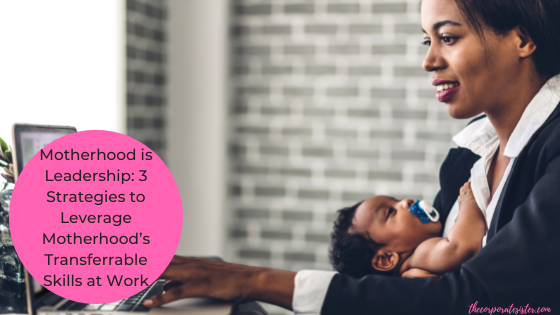If you’re a working mother, you may have struggled with expressing the fact that you are a mom in certain, or all, professional settings. Like many, you may have felt that motherhood may be perceived as a career hindrance, and not an asset. You may have even experienced situations in which your professionalism, competence and/or abilities were put in question due to the fact that you have children to care for. For instance, so working moms have admitted being fearful of revealing they had children during interviews for fear of not getting the job. Others have even suffered through losing a promotion or having their professional advancement and growth stunted, often resulting in what is known as the motherhood penalty.
The motherhood penalty encompasses a host of various problems working mothers face in their careers after having children. This penalty is also unfair punishment for mothers, based on inaccurate, biased perceptions of mothers, including the view that motherhood renders women less productive for instance. Men, on the other hand, tend to be professionally rewarded after becoming fathers, in a phenomenon known as the “dad bonus”. This not only affects women’s career trajectories, but also their earnings, promotions, performance evaluations and employment prospects. Yet, the reality is much different from these false, negative, but unfortunately widely-held perceptions. According to the 2019 research by Berlin Cameron entitled “Let’s put the motherhood penalty to rest”, the skills mothers develop after having children are essential to the workplace.

In Power Moms, author Joann Lublin says it so well: “Motherhood transforms many women into better leaders.” In these modern times where parents are not only time-starved, but also limited in key resources such as childcare and parental leave, mothers have no other choice but to become extremely effective at managing priorities well, multi-tasking and delegating. In addition, they are also more apt at exhibiting values that have been proven to benefit organizations such as innovation, creativity, empathy, and crisis management, to cite a few.
As a working mom, you may know this all too well. However, faced with various professional ceilings, walls and barriers in your way to career growth and fulfillment, it may be difficult to take advantage of your maternal skills in the workplace. This is the message I’m often getting from moms and others, who are certainly aware of the assets they bring to the workplace, yet struggle with maximizing these effectively.
Here are three strategies that may help:
- Highlight your motherhood transferrable skills as a leader
Motherhood also breeds transferrable leadership skills, such as organization, project management, crisis management, multi-tasking, compassion, and empathy, to cite a few. These are all invaluable skills in the workplace. Unfortunately, they are also skills that many working mothers hesitate to highlight in their professional experience.
While it can be intimidating, especially in certain professional settings and environments, to talk about the advantages of being a working mother, it can be a game-changer. Too few of us dare to challenge the negative stereotypes plaguing working moms, instead preferring hiding behind a false sense of safety in silence. Let’s dare to pinpoint all the skills, assets and intuition we bring to the workplace, including those that come with being a working mom.
- Seek alignment
As much as we may try, certain professional environments are just not aligned with thriving as working moms. Often, these are environments heavy with gender bias and stereotypes, whose culture does not allow for working mothers to grow, develop and succeed. This is where alignment matters. Being aligned with your organization, department or business unit is crucial in order to be impactful.
How can we better seek alignment as working mothers? The interviewing process is a great start. Let’s remember that we are not the only ones being interviewed, but that we are also interviewing the organization itself. This, in turn, is a valuable opportunity to take the cultural pulse of the company or business, and assess its openness to and views of working mothers. We can also check for metrics such as statistics of working mothers in leadership for instance.
In our careers, we can and should continue to seek alignment by continuously assessing the pulse of the culture we work in, and determining if it is still a right for us. This means also being ready to pivot, adjust and even transition as needed.
- Allyship is key
Being an ally to working moms, and seeking allies ourselves, also goes a long way towards ensuring that more mothers are in leadership seats. In this regard, we are all leaders in our own right, regardless of the position we may occupy. This also means we can all serve as allies to women in leadership positions, or moving towards leadership positions in our organizations.
How can we do this? It can start with amplifying working mothers’ voices, joining causes on behalf of working moms, or simply supporting a mother at work. However, serving as an ally does not preclude us from also seeking and recognizing allies. This can go from seeking mentors and sponsors at work, to recognizing the subtle signs of someone who is showing up as an ally, through their direct or indirect support, leadership and/or guidance.
All in all, it’s refreshing and hopeful to see that views on motherhood as a hindrance to a purposeful and fulfilling career, are changing. The Let’s put the motherhood penalty to rest” study also outlines the promising fact that younger generations are more likely to equate motherhood with leadership. Additionally, the COVID-19 pandemic and the ensuing “Great Resignation”, as well as the work revolution that is taking shape, are all re-defining working motherhood in terms of increased authenticity, purpose and fulfillment.
All in all, while there is much work to be done when it comes to working motherhood and leadership, we are hopeful. Most importantly, we are moving towards the direction of asserting authentic leadership as mothers, rather than hiding or even worse, denying the precious asset we bring to the table of work, both individually and collectively.
Do you agree that motherhood is leadership?
The Corporate Sis.







